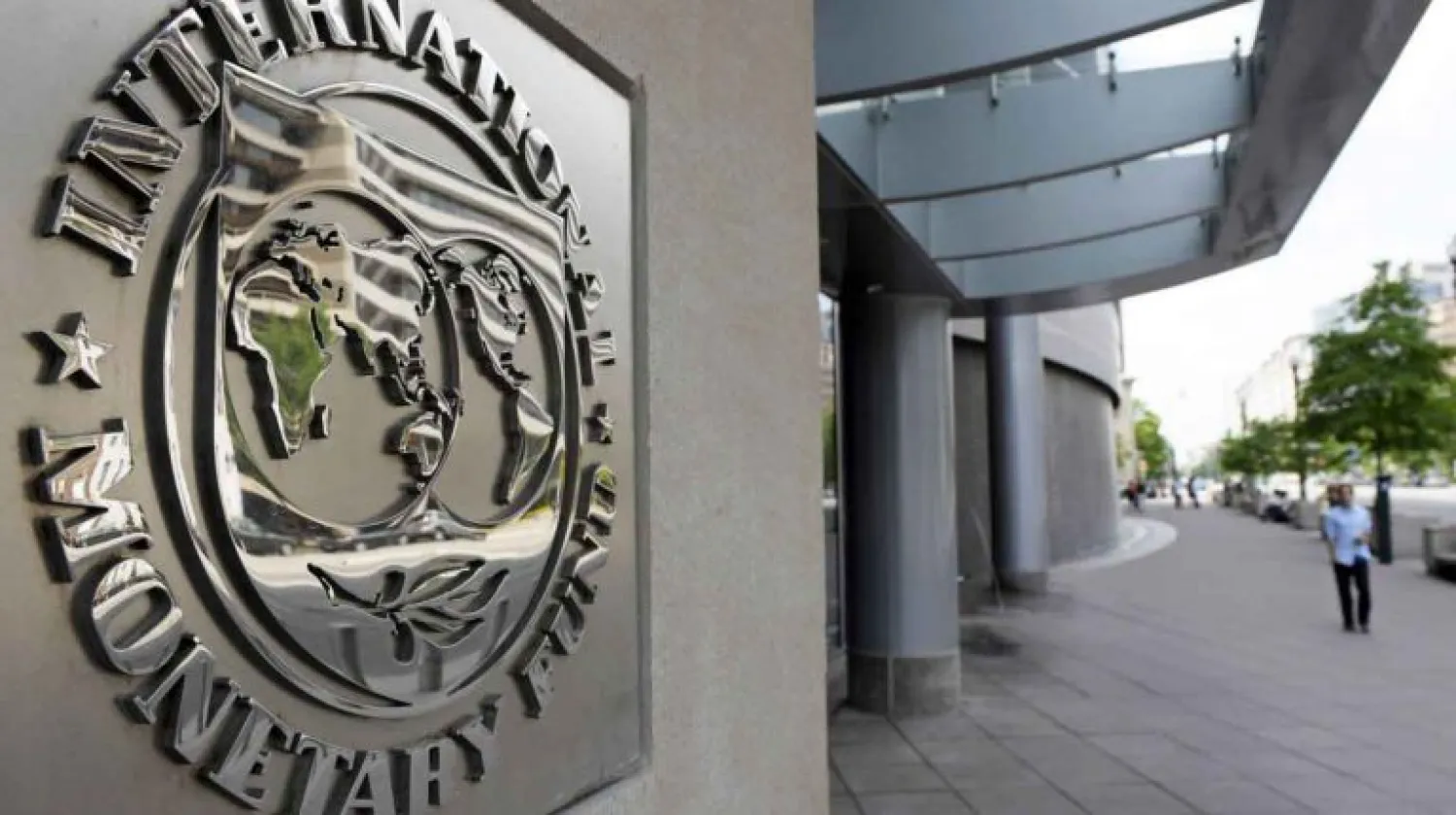Egypt's Minister of Finance Dr. Omar Al-Jarhi said that "the layover of the (economic) reform program is the biggest problem that has faced Egypt in previous periods," pointing to the keenness of the political leadership to support the program currently implemented by the government.
In his speech at the Inclusive Growth and Job Creation in Egypt Conference, organized by the IMF in cooperation with the Egyptian cabinet on Sunday, Jarhi said that the current reforms target pushing growth to 5% or 6%, noting that the public debt increased fivefold in the past five years. Jarhi added that the ministry of finance is working on a mid-term plan to reduce the level of public debt from 108% of the GDP in the past fiscal year to 80% by 2020. He continued that the government seeks to increase Egypt’s share of the world trade through expanding exports of non-oil products.
Egypt needs to embrace policies that strengthen the private sector and promote job growth in order to cement the gains realized from sweeping economic revival efforts, the International Monetary Fund said. The comments, to an audience that included Jarhi, came as an IMF mission is conducting the third review for the $12 billion loan program it granted Egypt in 2016.
David Lipton, the IMF’s first deputy managing director, described strong global growth, projected at 3.9 percent for 2018 and 2019, and low-interest rates likely to rise as “a good window of opportunity for Egypt to undertake reforms...that may not be open for too long.”
Cairo's tough reforms have included a currency float that halved the value of its pound, deep cuts to fuel and electricity subsidies and a new value-added tax.
Those measures helped push inflation in the import-dependent country to as high as 33 percent last year, but price rises have since cooled, with headline inflation easing to 13.3 percent in March, its lowest rate since May 2016, clearing the way for further subsidy cuts and lower interest rates.
But Lipton said the reforms need to move further, particularly with measures aimed at scaling back the country's sprawling public sector in order to allow for dynamic private sector growth.
“Egypt needs a less heavy footprint of the public sector in the economy, especially in business and commerce, to clear away room for the growth of the private sector and to relieve entrepreneurs from the un-winnable matchup of competing with the public sector.” The IMF has forecast that Egypt will grow by 5.2 percent this fiscal year, up from about 4.1 percent a year earlier.









